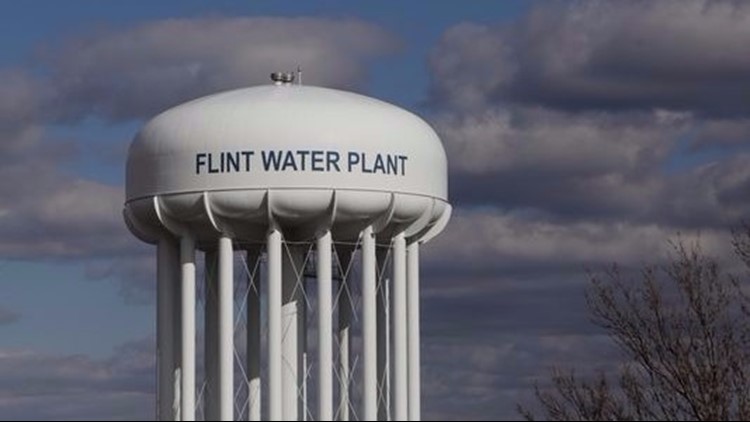In Flint, 70% of residents don't trust government assurances that filtered water is safe to drink, according to a new opinion poll.
The results of the Target Insyght/MIRS News poll pose a major challenge for the state and city as they try to get residents to stop relying on bottled water. Getting residents to run their taps again is considered an essential step in restoring the safety and integrity of the underground water-distribution system, which officials are trying to line with a new protective coating through the addition of phosphates to the water.
The telephone poll of 400 Flint residents, conducted May 23-25, has a margin of error of plus or minus 5 percentage points.
Asked whether they trusted government assurances that filtered water is safe to drink, 70% of respondents said they did not, 11% said they did, and 19% were unsure.
Gov. Rick Snyder and Flint Mayor Karen Weaver held a news conference May 12 to encourage Flint residents to run their taps for 10 minutes a day for two weeks to help restore the pipes. Getting residents to drink filtered water is another issue Snyder has stressed.
The state health department says filtered Flint water is safe to drink, except for pregnant women and children younger than 6.
Snyder, told of the poll results Wednesday on Mackinac Island, said he couldn't comment directly on the poll without seeing it. But he noted that he and President Barack Obama drank filtered Flint water to demonstrate that it is safe.
"We need to continue working the process," Snyder said. "It takes time," and there are plans to increase the marketing efforts behind drinking filtered Flint water.
The survey also found that:
- 36% of respondents said they want to stay with the Detroit water system the city returned to in October after about 18 months of drawing drinking water from the Flint River, 24% favored the new Karegnondi Water Authority pipeline to Lake Huron that is nearing completion, and 40% were not sure.
- 19% said they are using water filters, 13% said they are using bottled water, 55% said they are using both filters and bottled water, and 13% said they were using neither filters nor bottled water.
- 48% said their home water supplies had not been tested for lead and 44% said they had; the remainder either didn't know or declined to say.
- 21% said their homes had been found to have unsafe lead levels, 35% said they had not, and 44% were unsure.
Flint's water became contaminated with lead in April 2014 when the city, under the control of a state-appointed emergency manager, switched its drinking water source from Lake Huron water treated by the Detroit water system to Flint River water treated at the Flint Water Treatment Plant. Michigan Department of Environmental Quality officials have acknowledged a disastrous mistake in failing to require the city to add corrosion-control chemicals as part of the treatment process.
The corrosive water caused lead to leach from pipes, joints and fixtures. Although Flint reconnected to Detroit water in October, after state officials acknowledged the lead-poisoning problem after months of denials, the risk remains because of damage to the water infrastructure system.
Officials also are exploring possible links between the river water and outbreaks of Legionnaires' disease tied to 12 deaths.



